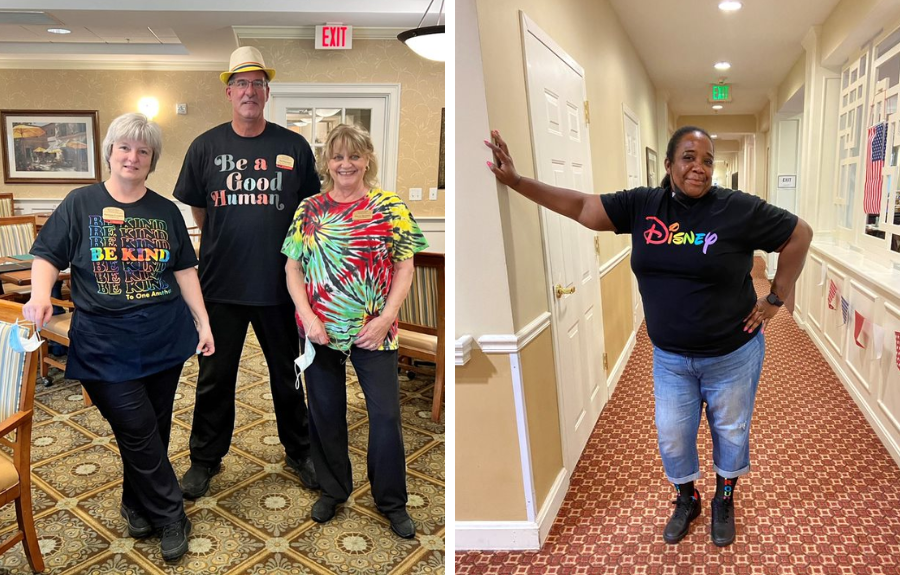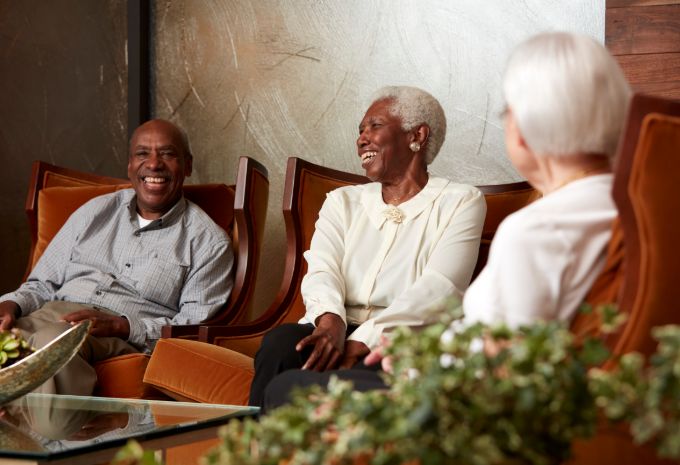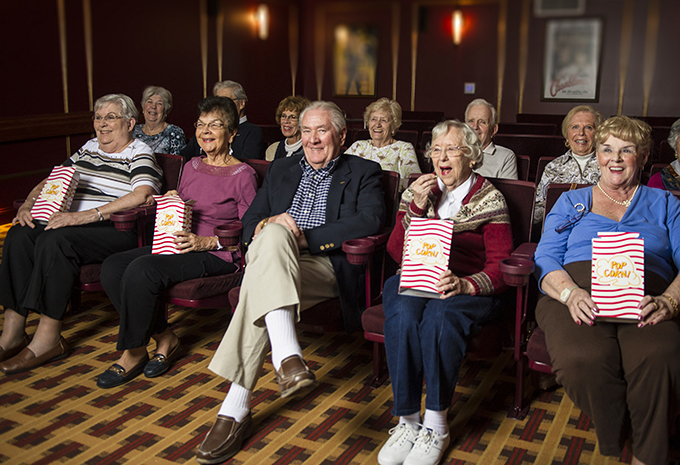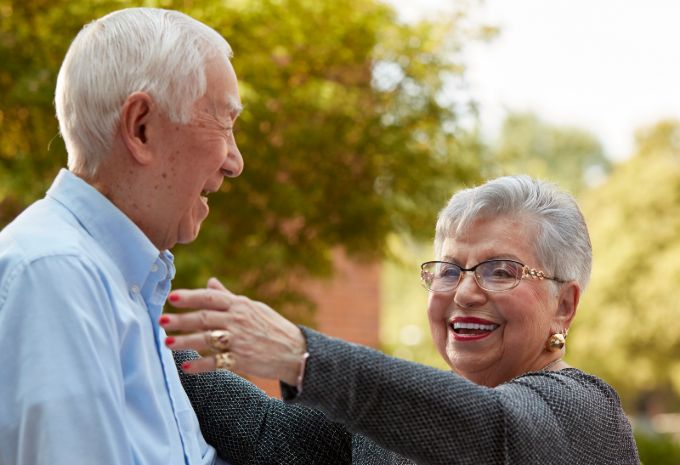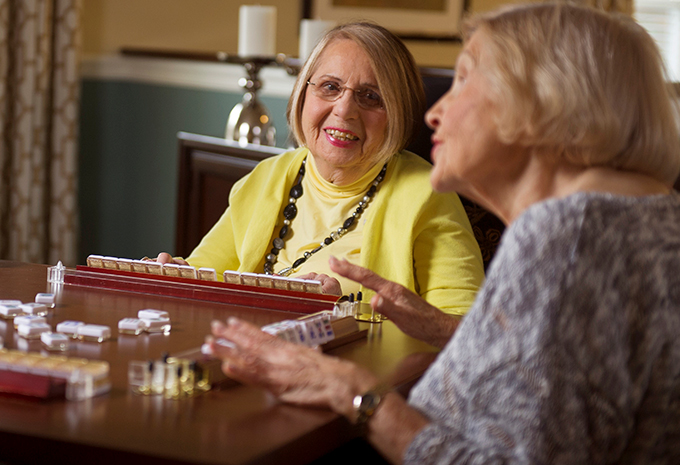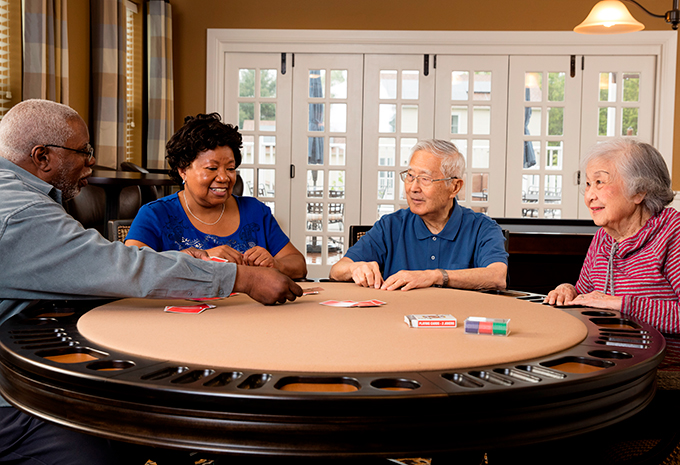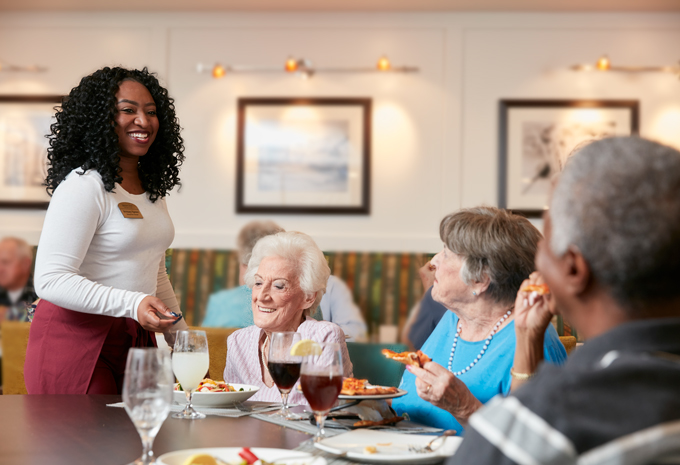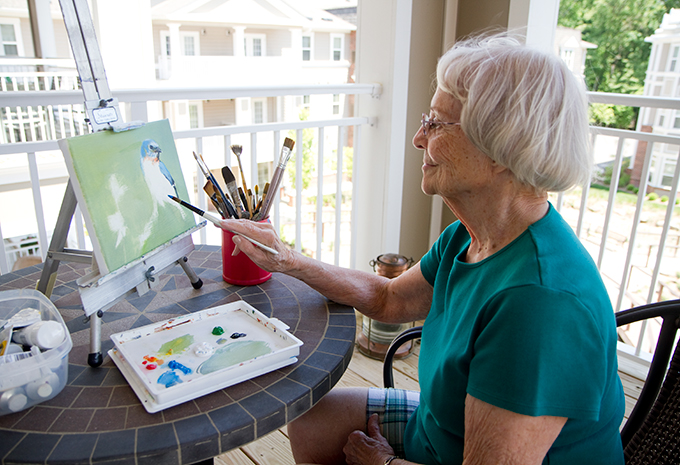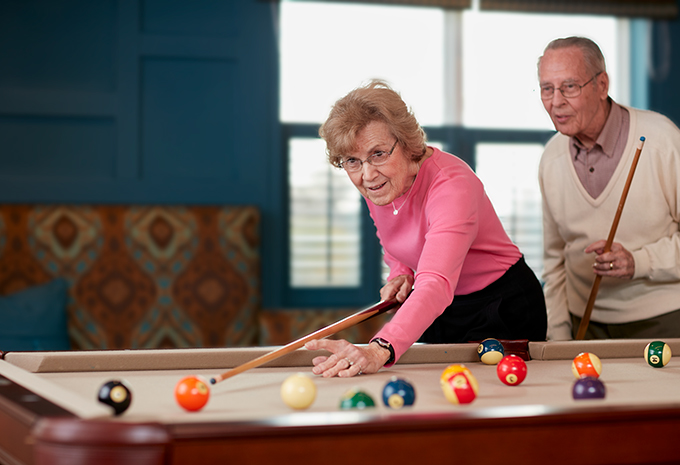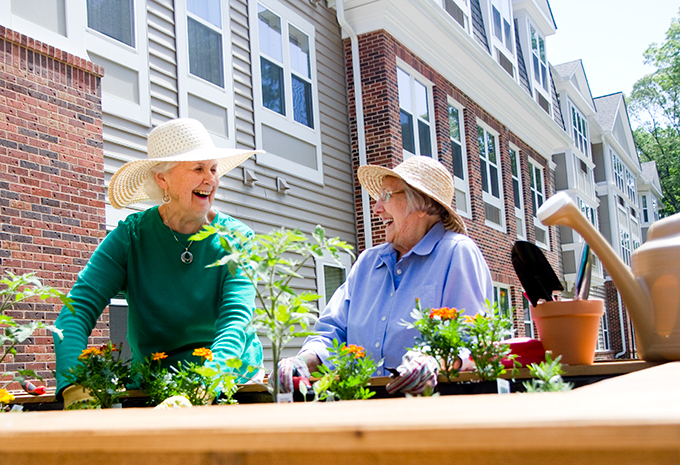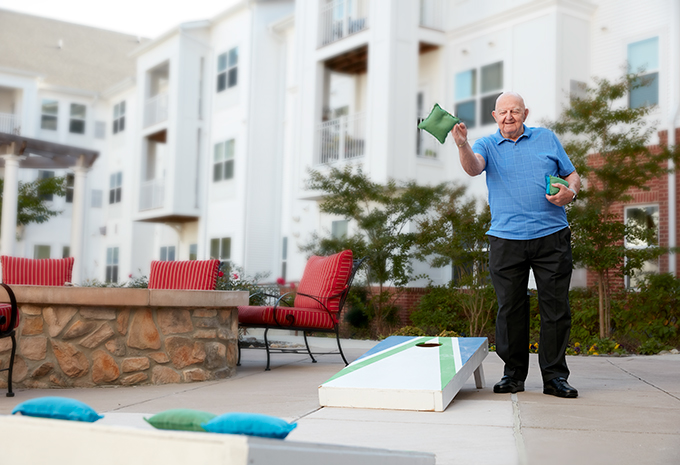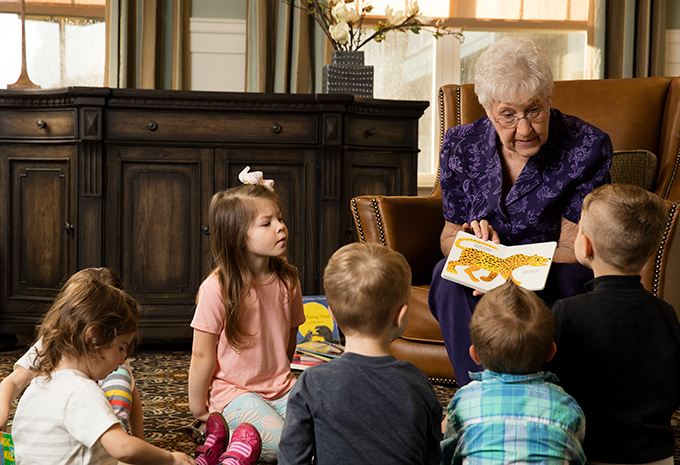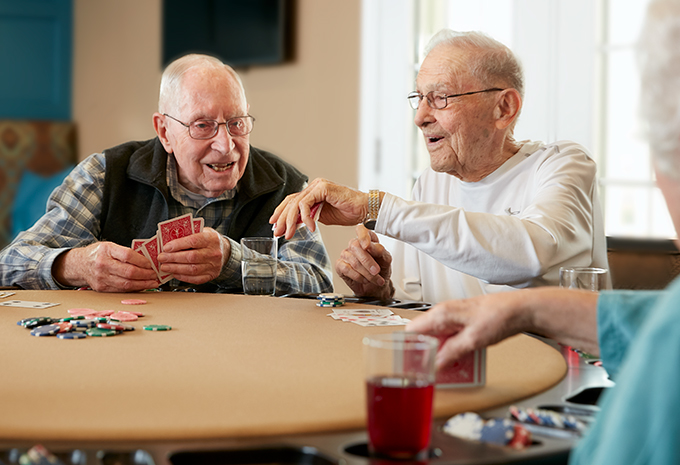After reviewing a brief history that today’s LGBTQIA+ seniors have experienced, it’s apparent that the needs of aging LGBTQIA+ individuals are different from those of other aging adults. Today, over 50 percent of aging LGBTQIA+ adults are living alone. It’s also estimated that 80 percent of caregiving in the U.S. comes from family members.
Seniors from nontraditional families might not have the traditional support system of other older adults. Many may not have children or grandchildren to help with caregiving needs. Other typical support systems like faith communities, families of origin, elder services, and more have not only been historically unavailable to LGBTQIA+ individuals but have been openly hostile or discriminatory. As someone who works with older adults, there are many steps you can take to be a supportive ally to LGBTQIA+ seniors.
Respect comfort levels
After a lifetime of living in fear of people learning their secret and subjecting them to discrimination, LGBTQIA+ adults may be reluctant to reach out for services or be open about their truth. When asking questions about their personal life and family, assure seniors they don’t have to answer or divulge any information that makes them uncomfortable. Explain that your interest stems from the desire to provide the most personalized care possible.
Use inclusive language
The inclusive terminology the LGBTQIA+ community uses to accurately describes identities changes and expands. We are learning more about different expressions of gender and sexual orientation, and we also now know how offensive misgendering or misrepresenting an individual can be.
When talking to seniors about their family and support, try using more inclusive language. Don’t automatically assume they have a traditional husband or wife – instead, ask about their spouse or partner. LGBTQIA+ seniors may not have children or family in a conventional sense – their chosen family or friends should be treated as any blood relative.
Treat everyone with respect
At the end of the day, an LGBTQIA+ resident moving into a senior living community is like any other resident: someone making a significant life transition and dealing with the changes that aging brings. They are looking for a place and comfort in their new home, and you have the expertise and resources to help with that adjustment. Be supportive and validate their emotions.
Our next article will detail what to look for in an LGBTQIA+-friendly senior living community.
At Brightview Senior Living, our goal is for all residents, associates, and visitors to our communities to feel welcome and free to be their authentic selves.
Brightview Senior Living builds, owns, and operates award-winning vibrant senior living communities in eight states along the East Coast: Connecticut, Maryland, Massachusetts, New Jersey, New York, Pennsylvania, Rhode Island, and Virginia. We offer senior Independent Living, Assisted Living, Enhanced Care, and Wellspring Village™, a specialized neighborhood for people living with Alzheimer's disease and other forms of dementia. Schedule a personal visit to experience our communities firsthand.

